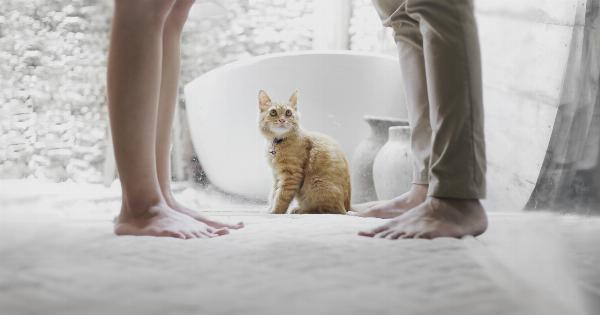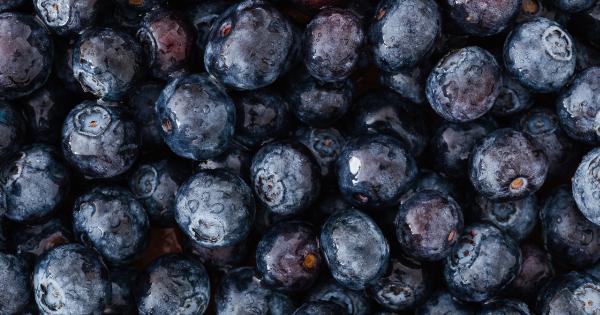Growing up with a cat is an incredible experience that many people have shared. From the first day you bring them home until they are full grown, you have the honor of being responsible for their health, happiness, and nutrition.
One of the biggest changes you will make in their life is their nutrition. Cats have specific dietary needs that can change as they grow older, so it’s essential to be aware of these changes and how they will affect your fluffy friend.
Infancy (0-6 months)
Your kitten needs a lot of special attention during their infancy, particularly when it comes to nutrition. From birth up until six months old, kittens require a lot of nutrients to grow healthy, strong, and happy.
Kittens should be fed kitten-specific food that provides high-quality protein, healthy fats, vitamins, and minerals to support their growth. Feeding your kitten high-quality food during this stage is essential for growth and development and helps them build a robust immune system as they grow up.
Kittens will need to be fed more frequently than adult cats, typically two to four times a day, and drinking water should always be available for them.
Adolescence (6 months-1 year)
When your kitten reaches around six months old, you can transition them from kitten-specific food to high-quality adult cat food gradually.
The transition should be done slowly to ensure that your cat’s digestive system adapts to the new food without any upset stomachs. During adolescence, cats will continue to grow and develop, so a high-quality diet with plenty of protein, healthy fats, vitamins, and minerals is still crucial.
Adolescence can be a challenging time for cats and their owners due to behavior changes, so ensuring that your cat is getting the proper nutrition can help stabilize them during this time.
Adult (1-7 years)
When your cat reaches adulthood, they will have different nutritional needs than they did when they were younger. Most adult cats require a diet that is lower in fat and calories to prevent obesity.
At this stage, you can feed your cat a mix of wet and dry food to help keep them hydrated and support kidney function. It’s also essential to keep an eye on your cat’s weight at this stage, as obesity can lead to health problems in cats, just like humans.
Ensure that your cat is getting a balanced diet with high-quality proteins and amino acids that support their overall health.
Senior (7+ years)
As your cat gets older, they will experience a series of changes in their physical and mental health, including their nutritional needs. Senior cats need a high-quality diet that’s easy to digest and contains low phosphorus and protein levels.
Your cat’s diet should also include antioxidants, vitamins, and minerals to aid in immune support and overall health. As aging cats are more susceptible to chronic illnesses and weakened immune systems, it’s essential to invest in their nutritional health. Senior cats will also need to drink more water as they become more prone to dehydration.
Special dietary needs
There may be instances where your cat may require specific dietary needs outside of their age group. For example, cats with underlying health problems or illnesses can benefit from prescription diets designed to support their specific health needs.
If you are concerned about your cat’s nutritional needs, it’s best to talk to your veterinarian, who will provide expert advice on your cat’s diet and any particular dietary needs they may require.
Conclusion
As pet owners, we have a responsibility to provide our cats with the best care, which includes a balanced and healthy diet.
Understanding your cat’s nutritional needs throughout the life stages is essential to ensure they are getting the proper nutrients to support healthy growth and development. By being aware of the changes that occur in your cat’s life and how it alters their nutritional needs, you can provide them with optimal nutrition and the best chance at a happy and healthy life.






























